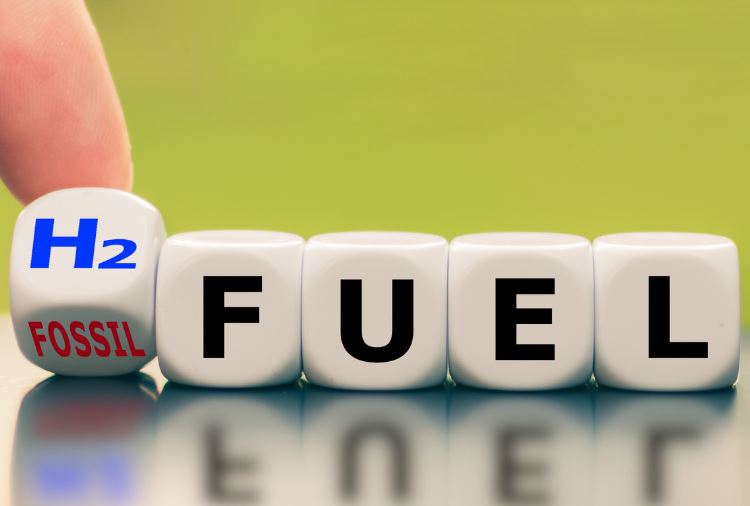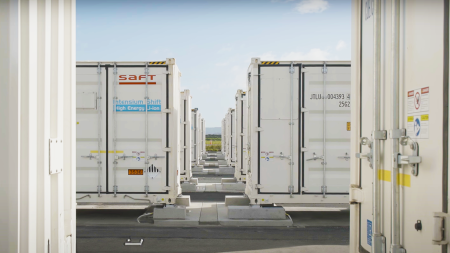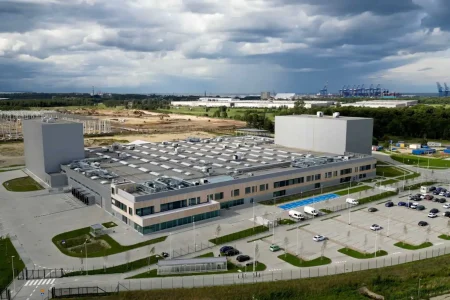Proton exchange membrane fuel cells (PEMFCs) are recognized for their zero-emission and high-efficiency capabilities, making them an eco-friendly alternative in the energy sector. However, rapid changes in power dynamics significantly influence their long-term stability and reliability. Understanding and managing how these fuel cells respond to varying power demands is essential for optimizing performance and longevity.
Research Context
The complex relationship between power operation states and the dynamic response of PEMFCs necessitates detailed study. Inconsistent dynamic responses under different power levels can lead to issues such as fuel starvation and voltage instability, affecting the fuel cells’ overall performance and durability. This research aims to analyze these relationships and propose methods to quickly and effectively evaluate and control PEMFC power dynamics.
Technical Methodologies
The study investigates the power dynamic response of fuel cell systems (FCS) based on both constant and varying power change amplitudes. Researchers focused on three key power characteristics: low single-cell voltage, drastic voltage uniformity changes, and voltage undershoot and overshoot. These characteristics are critical indicators of the health and performance of PEMFCs.
Principal Component Analysis and Data Reduction
To tackle the challenges posed by high-dimensional datasets, a novel approach using principal component analysis (PCA) for data dimensionality reduction was introduced. This method successfully extracts typical characteristics related to power operation states, reducing the complexity of data while retaining essential information.
Key Findings
The research revealed that the new one-dimensional (1-D) eigenvector index derived from PCA showed a positive correlation with power levels. This indicates that the proposed method can accurately reflect changes in power operation states. Additionally, an empirical model for the power operation state was established using data regression, with Pearson coefficients exceeding 0.9981, highlighting the model’s accuracy.
Practical Implications
Based on these evaluations, the ability to quickly evaluate the power operation state and adaptively control fuel cells offers significant practical benefits. Maintaining optimal power dynamics can prevent issues such as voltage undershooting caused by fuel starvation. This event can shorten the lifespan of PEMFCs by causing carbon support corrosion and single-cell voltage reversal. The research suggests strategies like pre-emptively increasing gas supply and limiting power output to mitigate such risks.
This study provides novel insights into the dynamic response of PEMFCs, emphasizing the importance of adaptive control strategies to enhance durability and reliability. The proposed PCA-based evaluation method offers a promising tool for quickly assessing and improving fuel cell performance, potentially leading to more stable and efficient power systems in the future.
The findings underscore the necessity of maintaining optimal operational conditions—such as temperature, humidity, and gas supply pressure—to prevent mechanical damage and performance degradation. Implementing these strategies can lead to significant advancements in the technology and application of PEMFCs, promoting their adoption in sustainable energy solutions.








